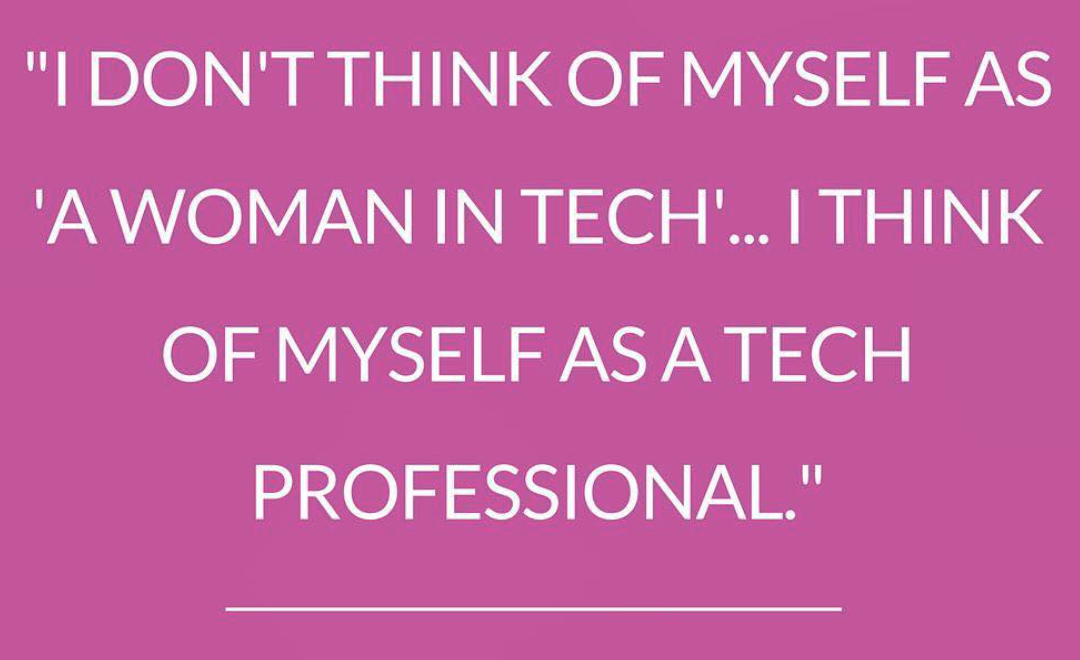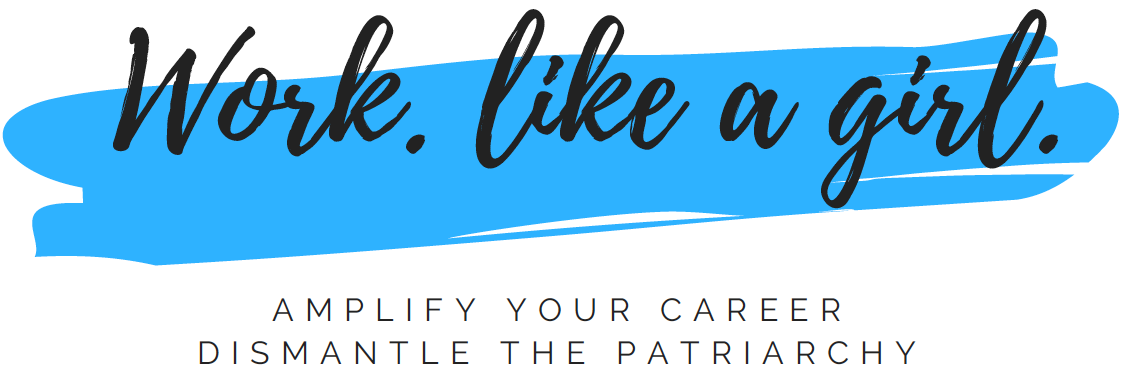When I saw this quote on social media, my first thought was, “A white woman said that.”
My ability to immediately discern the privilege implied in the quotation was a long time coming. When you’re a woman, it is a privilege to think of one’s self as simply a professional in any industry. It implies that you don’t see or take responsibility to elevate a larger community, because all is fair in your world. And white women often take this approach.
The Sunday before the 2016 Presidential election, I was on the phone with a close friend, Ava, who is both Black and Latina. She is the only woman of color in her office, and one of the few in her industry. She was venting about the dynamics between her and the few other women in her office, all of whom were white. She blurred out, “The thing is, Kristen, I just don’t trust white women.”
As a white woman, I didn’t realize how brave Ava was to share that truth with me. I didn’t realize that her experience was on the cusp of being illuminated. In the moment, I simply thought, It’s just these women. She’s just unlucky with her colleagues.
I was dead wrong.
A few days later as the data from the election showed that 53% of white women voted for a self-acknowledged misogynist and sexual predator, I found myself calling Ava, laughing through tears, wide awake, acknowledging, “I don’t trust white women either.”
WTF?
As white women, we are both oppressed and privileged. The dual nature of our experience is often lost on us. If we do see it, we see but one aspect – either the privilege or the oppression. If we side with the privilege, we adopt a bootstrap attitude of “I got mine.” Other women are seen as competition, rather than as sisters.
Yet even in the oppression, we lack the same dynamics that other marginalized groups possess. Other oppressed groups, whether immigrant, indigenous, or African American, create a community to empower and uplift one another. A high tide raises all ships. But white women never got that memo. By failing to understand our own oppression, we continue a pattern of isolation, attempting to assimilate and align with men in a position of power, rather acknowledging the gifts of feminine experience and prospective. The ABC comedy Blackish said it best. When the white female character was asked why she “didn’t vote for her sister,” she responded, “Oh, we’re not sisters. We hate other.” Revealing that Mean Girls is more than a movie.
Stockholm Syndrome
Siding with the person in power is more comfortable than admitting we might be the victims of oppression. Acknowledging our oppression requires that we sit in the discomfort of knowing that we are different and excluded. This acknowledgement is the opposite of the advice many women (especially Baby Boomers and Gen Xers) received about assimilating at work. We were taught to act like a man, think like a man, and we were rewarded for our masculine traits: traits such as assertiveness, directness, competitiveness, and risk taking.
White women learn white history, and much of our privilege comes from our ignorance about the experience of our sisters of color. Only after November of 2016 did I search “white women” to find ugly, racist secrets (secret to me) about women’s suffrage and the modern feminist movement. Both Susan B. Anthony and Elizabeth Cady Stanton, who led women to obtain the right to vote, argued that white women should be granted the vote before black men. Many self-proclaimed feminists spoke loudly during the Civil Rights movement of the 1960s that white women were more deserving of protections than people of color. Attitudes have not changed much, with the example of Julie Delpy recently stating at the Sundance Film Festival that it’s easier to be black than a woman. (…and how the hell would she know that?)
Representation Matters
Historically, feminism has provided a platform for the agenda of white, heterosexual, cis feminism with little room for other voices. This one size fits all experience has isolated both LBGTQ women and women of color in multiple ways.
Many women of color who were excluded from the feminist movement have adopted, and continue to use, the word womanist to represent the intersection between gender and race. Kimberle’ Crenshaw first coined the term “intersectionality” to provide language of the experience of women of color who often found, and still find, themselves at the cross roads between race and gender identity.
Solutions
Shifting our perspective is a lot like turning the Titanic around, and it won’t happen in a day. But there are some things that women can collectively do to welcome one another and become better allies.
- Ask, don’t assume. If you do not understand a comment or an experience, be brave enough to ask. In a law school, a classroom discussion on intersectionality made me feel safe enough to ask the question, why is it different to be black than to be another marginalized race? I thought the answer would lie in the origin of slavery, but a colleague instead said, “because of my hair.” She pointed out that if I (a white brunette), and a Hispanic woman, and an Asian woman turned around, we would all look the same from the back, and we would all meet the accepted beauty norms. She could never do that with her natural hair. The answer was honest and brave and personal and 100% changed my perspective on privilege.
- And conversely be brave enough to answer. When my friend Luke asked why men think they’re great, and women think they’re unworthy, my first instinct was to roll my eyes, and provide a sarcastic remark like why does the sun rise in the East? But his question was sincere, and I knew it came from a place of wanting to be a good ally. It’s not our job to educate everybody, especially those fighting to stay ignorant, but for individuals willing to listen and learn, I accept my responsibility to engage and educate when I can.
- Be willing to be uncomfortable. We don’t know what we don’t know, and taking the time required to understand someone else’s perspective is a process. It cannot be done in a day or a single conversation. And we won’t say the right thing every time. Learning something new as an adult is a messy, awkward experience, and it is uncomfortable. Be willing to sit in the discomfort.
- Be willing to get it wrong. When we do anything for the first time, we don’t do it well, and that’s difficult as we grow older. As adults, we hate looking stupid. But if we look at these conversations with the mindset of try versus perfection, and then genuinely show up willing to listen, actively engage and apologize when we get it wrong, we can shift to mastery quickly. Accept that you will fail at first, but do it anyway.
Our world is diverse, and becoming more so every day. There is an urgency to inclusion that demands we take action. We cannot wait, and we cannot continue to leave our sisters behind. Too much is at stake.


